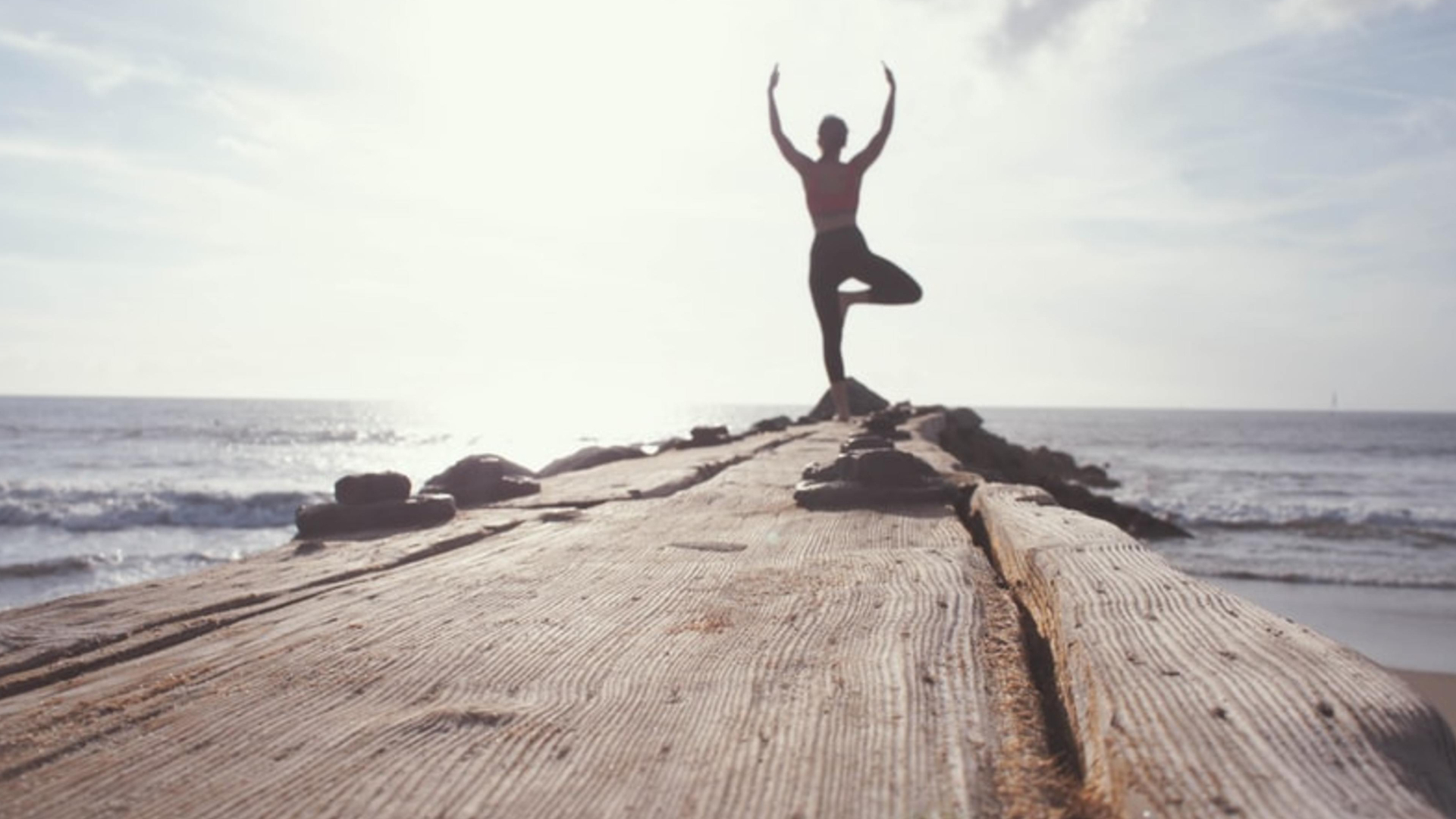It is all well and good to choose a walkable city to retire to. I recommend it. My only caution is if you plan to walk everywhere, make sure you can walk.
My current relocation project is to establish a routine: places I go and things I do that will put me in regular contact with people who share my interests. After all, this is how one makes friends.
In the past couple of weeks, I have attended language exchange meetings, joined a book club, and started yoga classes. Then, just as I was feeling like I had mastered my masquerade as an extrovert, I slipped into yoga class and tore a ligament in my knee.

Personally, I think talking about one’s health issues makes one a very dull conversationalist. So. that is all I will say about the details of my injury.
This story is about what to expect when something unexpected happens in a foreign country.
In my case, I found myself sitting on the floor in yoga class contemplating how I would maneuver down the two flights of narrow stairs into the café below.
My yoga class companions, who do not know me well since I am a newcomer, were sympathetic but, understandably, eager to get on with their Saturday morning plans. And, realistically, given how steep and narrow the stairs were, there was no way to help me safely.
As soon as my husband showed up, my fellow yogis scattered.
Advice # 1: Have Someone You Can Call

When you arrive in the place of your imaginings, start at once to build a tribe of people who will support you. Not just in a medical emergency, but whenever you lock yourself out of your flat or need a witness for a document.
Fortunately, besides my husband, I had already established a relationship with an English-speaking doctor. From my place on the yoga studio floor two flights above the street, I texted her and asked, “What should I do now?’
“Call 911,” she replied.
Advice #2: Know Your Resources
I had heard that since Ecuador is not a First World country, I should not expect emergency services as I would find in the USA. General expat’s advice (from those already arrived who would prefer to shut the door behind them) is “buck up, don’t whine, and get yourself to the hospital.”
A bilingual staff person from the cafe below called 911 and moments later (to my embarrassment) I heard the siren in the street. Two Red Cross paramedics arrived, did a preliminary assessment, and said my injury was not serious (though it felt very serious).
Advice #3: Know the Language
These paramedics were professional enough, but not overly solicitous. They explained things to me in Spanish making no genuine effort to see that I understood. Under these stressful conditions, my command of the language had deserted me. It was clear they didn’t want any part of helping me down the stairs either, although, had my injury been serious, I imagine they would have stepped up.
They administered a powerful painkiller direct into my vein. “It will work in 10 minutes. We have another call.”. Then the paramedics left me, still on the floor, two flights up with my husband and a very comforting, bilingual staff person from the cafe.
As promised, I felt better quickly, and was well enough to crawl down the stairs on my butt, and with help, hobble to the street where I caught a taxi.
Advice #4: Know What Your Insurance Requires
I have private insurance. I knew in advance the name of the hospital in town that accepted my insurance. I have heard if you do not specify where you want to be taken, ambulance crews will drop you at the closest private clinic. If your insurance doesn’t cover you, you could be in deep before you can move to a hospital in your network.
Once I climbed out of the cab at the hospital emergency entrance, my troubles were over. A wheelchair appeared. An attendant even insisted on pushing it, leaving my husband to carry my things. The results of an ultrasound revealed a torn ligament, and they sent me home with painkillers and assurances that if I stayed off my feet for seven days, I would not need surgery.
Four hours after I’d left for a yoga class, I arrived back on the street outside my two-story walk-up apartment (again?). This time I had to crawl UP the stairs on my bum. No easy feat and one that would even be impossible for some people.
Advice #5: Have a Plan-B
Had my injury been more serious, or if crawling up the stairs were not an option, I would have had to make other arrangements. While sitting on the floor in the yoga studio, I had already considered which of my new friends here in Cuenca, had an elevator serviced flat and would put up with me while I recuperated.
All is well now. I am at home. My husband is learning to cook and my knee feels better every day. Looking back, I think I handled the emergency rather well. But only because I was prepared.
What is your plan? Do you travel with insurance? Have you considered what could happen in a foreign country and how you would respond? Let’s talk about it.
by Dana Dwyer


